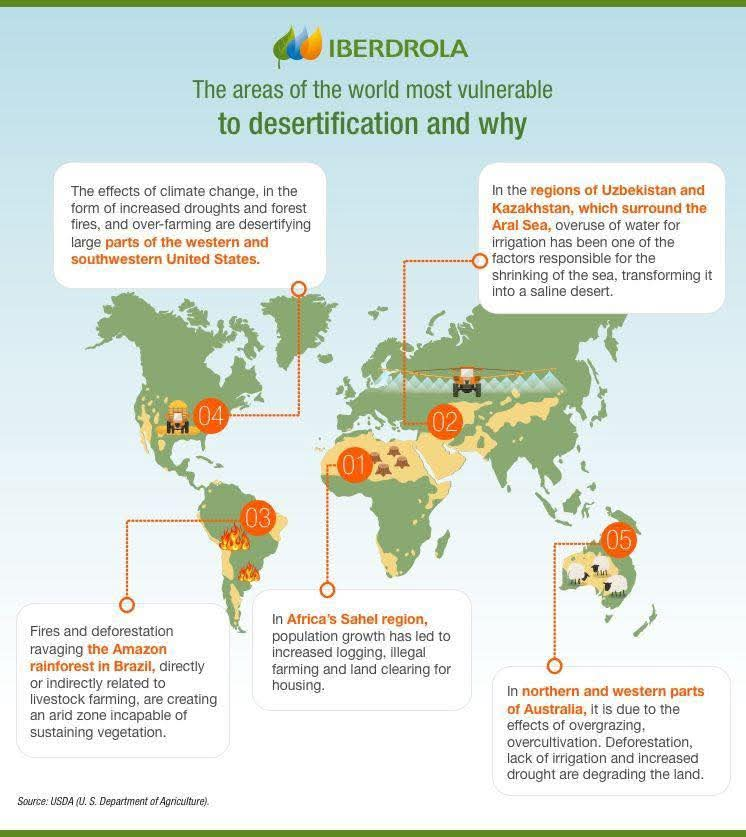Kathmandu, February 5, 2025 - Desertification, a pressing environmental challenge, is rapidly degrading some of the world's most essential ecosystems due to a combination of human activities and climate change. According to the latest findings, regions across the globe are experiencing severe impacts, pushing them toward ecological and socio-economic crises.
The Sahel region of Africa faces rampant deforestation and illegal farming practices as population growth intensifies pressure on the land. Similarly, the Amazon rainforest in Brazil, often referred to as the "lungs of the Earth," is suffering from widespread fires and deforestation linked to livestock farming, transforming fertile areas into arid zones.
In Central Asia, the Aral Sea basin, encompassing Uzbekistan and Kazakhstan, has become a stark example of ecological collapse due to the overuse of water for irrigation, turning what was once a thriving water body into a saline desert.
The western and southwestern United States are grappling with increasing droughts and forest fires exacerbated by climate change and unsustainable agricultural practices. Meanwhile, northern and western parts of Australia are seeing their lands degraded due to overgrazing, deforestation, and inadequate irrigation systems.
Desertification affects more than the environment—it threatens food security, livelihoods, and the survival of entire communities. Global action is critical to mitigate this crisis. Solutions include sustainable farming practices, reforestation initiatives, and comprehensive water management strategies.
As the impacts of desertification accelerate, experts urge governments, organizations, and individuals to collaborate to protect these vital ecosystems and ensure a sustainable future.